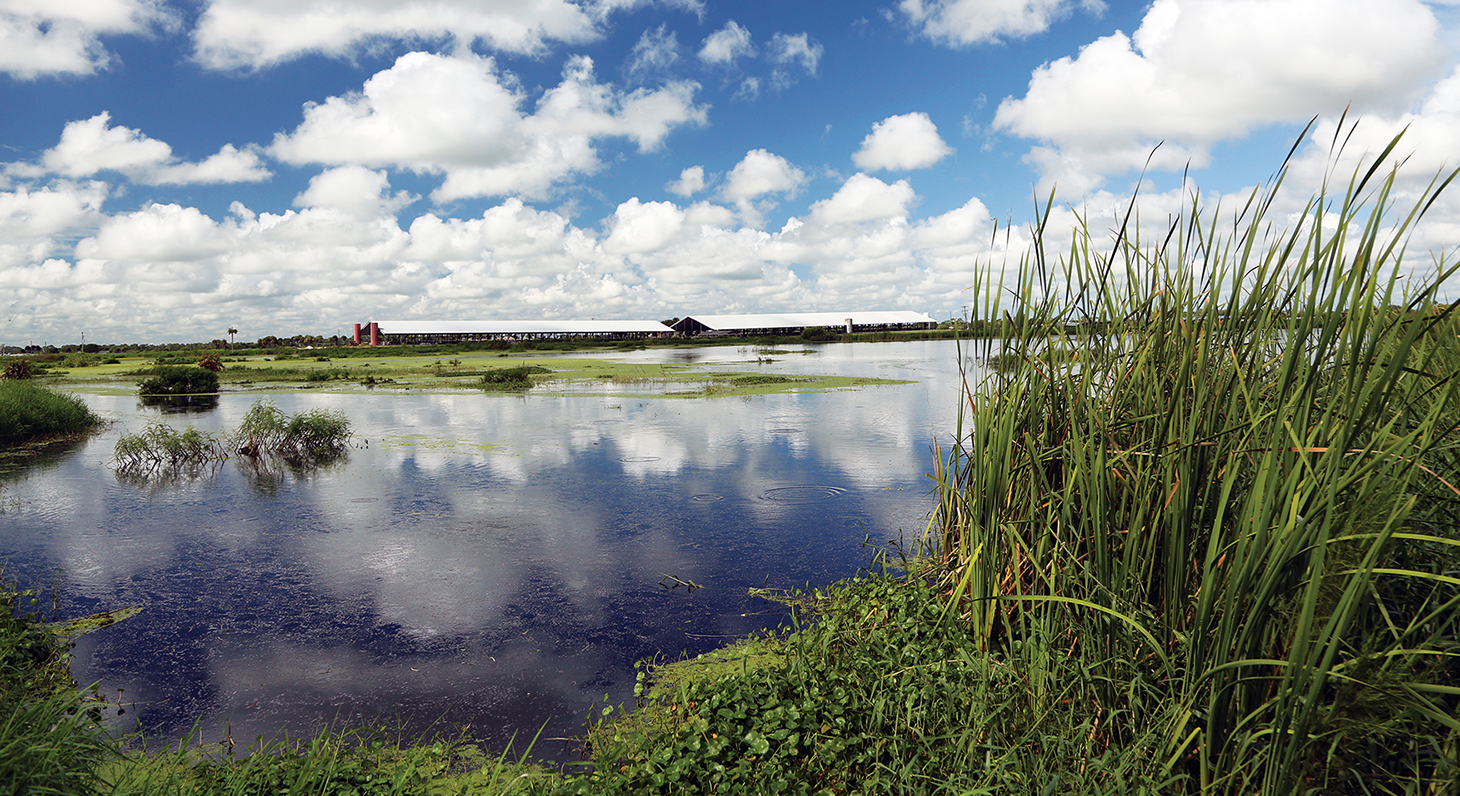Environmental Safeguards

There’s an old saying about farmers being the first environmentalists. Caring for the land, water and air remains a daily commitment by dairy farmers. Most dairy farmers make their home at the farm, giving them even more incentive to be a good neighbor and protect natural resources.
Fresh Air For Everyone
Clean air is important to everyone and farmers protect air quality by keeping barns clean and using special manure storage facilities to help control odors.
Research and development has inspired new practices and innovative technologies to improve manure and odor management. For example, dairy nutritionists can formulate diets for cows that reduce the odor of manure. Other technologies such as air-filtration systems in barns, odor-reducing additives for manure-storage facilities and even methane digesters, which use manure to produce electricity, are being incorporated in some dairy operations.
Power Up!
Alternative energy is all the buzz these days, and dairy farmers are caught up in it too. Methane digesters are a great new way to collect methane gas released from manure and convert it to energy. This “biogas” is a renewable fuel that can be used to generate electricity for both the dairy farm and the local community.
Plentiful Clean Water
Because dairy cows need to drink plenty of clean water to stay healthy and produce quality milk, farmers take water protection and conservation practices seriously.
The proper recycling of cow manure plays a central role in protecting nearby lakes, rivers and streams. Farmers store manure and spread it on their crop fields according to a Nutrient Management Plan that takes into account the types of soil found on the farm, the terrain of the fields and the amount of nutrients needed by the crops.
Another high priority for farmers is storing the solid and liquid manure until weather conditions are right for fertilizing the land. Many farmers use progressive lagoons to store and naturally treat the manure. In a lagoon, solids settle to the bottom, and bacteria and microorganisms break down the manure that results in a nutrient-rich wastewater with fewer odors.






